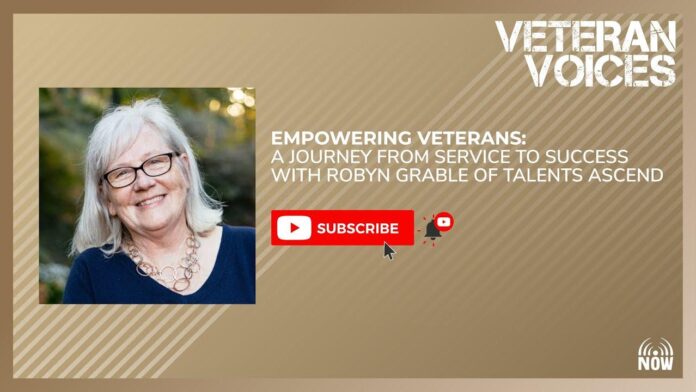
Empowering Veterans: Achieving Fitness Goals Post-Service
Military veterans face unique challenges when it comes to transitioning to civilian life, including maintaining physical fitness after leaving the structured environment of the armed forces. For many veterans, staying active and healthy can play a crucial role in their overall well-being and quality of life. In this article, we’ll explore the benefits of fitness for veterans and provide tips on how to achieve your fitness goals post-service.
The Importance of Fitness for Veterans
Physical fitness is not just about looking good or performing well in sports; it is about maintaining a healthy body and mind. For veterans, staying active can have numerous benefits, including:
1. Improving mental health: Exercise has been shown to reduce symptoms of depression, anxiety, and PTSD, all of which are common among veterans. Physical activity releases endorphins, the body’s natural mood enhancers, which can help alleviate symptoms of PTSD and other mental health issues.
2. Boosting physical health: Regular exercise can help veterans maintain a healthy weight, lower their risk of chronic diseases such as diabetes and heart disease, and improve overall physical well-being. This can be especially important as veterans age and face increased health risks.
3. Building camaraderie: Military service often creates strong bonds of camaraderie among service members. Participating in group fitness activities can help veterans maintain those connections and build new ones, providing them with a sense of community and support.
4. Increasing self-esteem: Achieving fitness goals can help veterans regain a sense of accomplishment and self-worth after leaving the military. Setting and achieving fitness goals can boost confidence, improve self-esteem, and provide a sense of purpose and direction.
Tips for Achieving Fitness Goals Post-Service
Whether you’re a seasoned athlete or new to fitness, achieving your fitness goals post-service can be challenging. Here are some tips to help you get started and stay on track:
1. Set realistic goals: Start by setting achievable fitness goals that are specific, measurable, and time-bound. For example, instead of saying you want to “get in shape,” set a goal to run a 5k race in three months or complete a certain number of push-ups in one minute.
2. Create a plan: Once you’ve set your goals, create a detailed plan to achieve them. This may include scheduling regular workouts, incorporating different types of exercise (such as cardio, strength training, and flexibility exercises), and tracking your progress.
3. Start slowly: If you’re new to fitness or have been inactive for a while, start slowly to avoid injury and burnout. Gradually increase the intensity and duration of your workouts as your fitness level improves.
4. Find activities you enjoy: Staying active doesn’t have to mean spending hours in the gym. Find activities that you enjoy, whether it’s hiking, cycling, swimming, or playing sports. Experiment with different types of exercise to find what works best for you.
5. Seek support: Don’t be afraid to ask for help and support from friends, family, or a fitness professional. Consider joining a veterans’ fitness group or class to connect with others who understand your unique challenges and experiences.
6. Stay consistent: Consistency is key to achieving your fitness goals. Make exercise a priority in your daily routine, even on days when you don’t feel like working out. Remember that progress takes time, so be patient and stay committed to your fitness journey.
7. Monitor your progress: Keep track of your workouts, progress, and achievements to stay motivated and on track. Use a fitness tracker, journal, or app to record your workouts, set new goals, and celebrate your successes.
8. Practice self-care: Taking care of your body and mind is essential for achieving and maintaining fitness goals. Make time for rest, recovery, and relaxation, and prioritize sleep, nutrition, and stress management.
Empowering veterans to achieve their fitness goals post-service is not just about physical fitness; it’s about promoting overall health and well-being. By staying active, setting realistic goals, and seeking support, veterans can improve their mental and physical health, build camaraderie, and increase self-esteem. Remember that every step towards your fitness goals is a step towards a healthier, happier life.

















